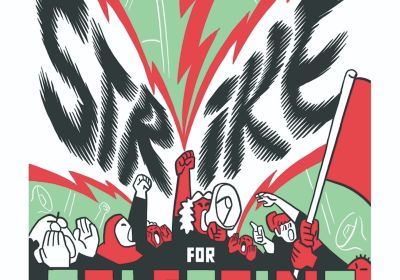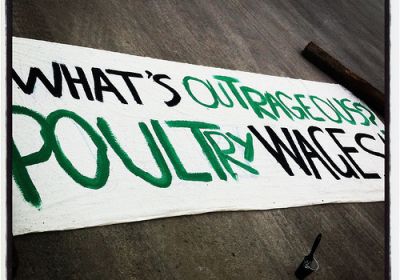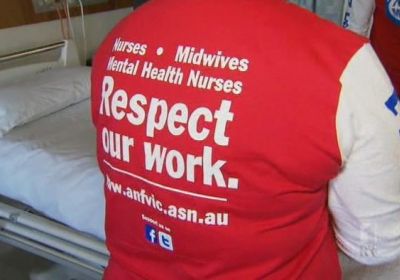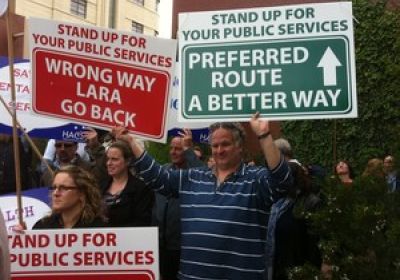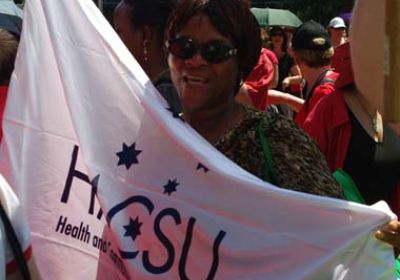
The Health and Community Services Union (HACSU) has begun a series of rolling stoppages for better wages and conditions at mental health services across Victoria. HACSU covers mental health and allied health workers.
Stoppages and rallies have been held in Bendigo and Shepparton, and at Eastern Mental Health, St Vincents and Melbourne Health. A two-hour stopwork rally will be held at Latrobe Valley Mental Health on November 29, from noon at the Latrobe Valley Hospital in Traralgon.

